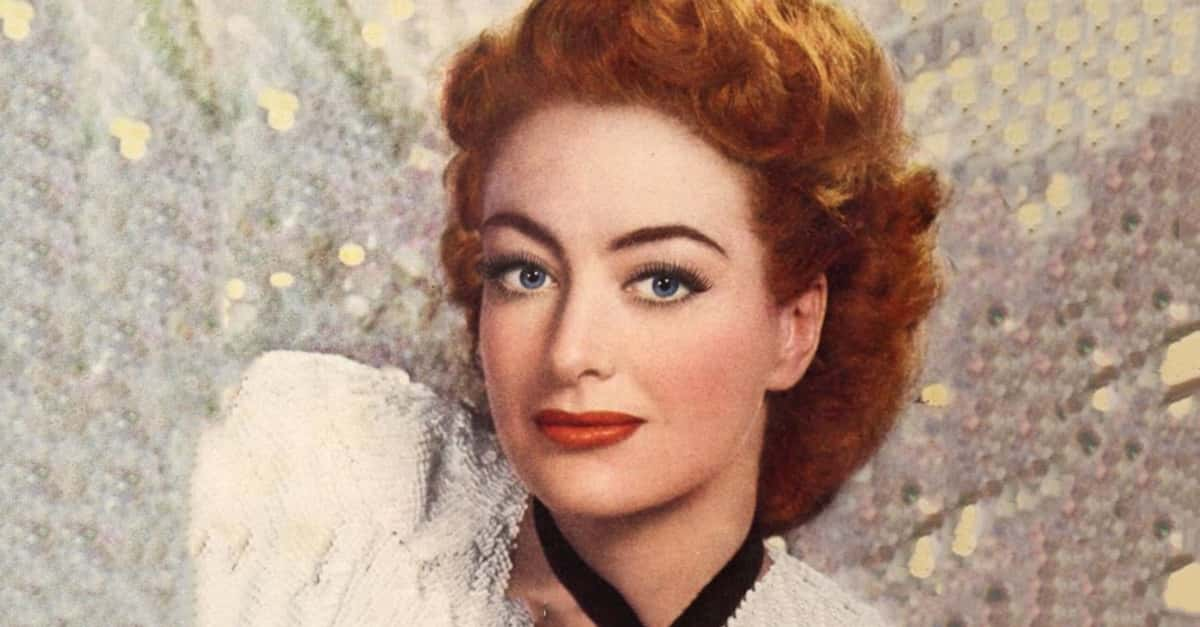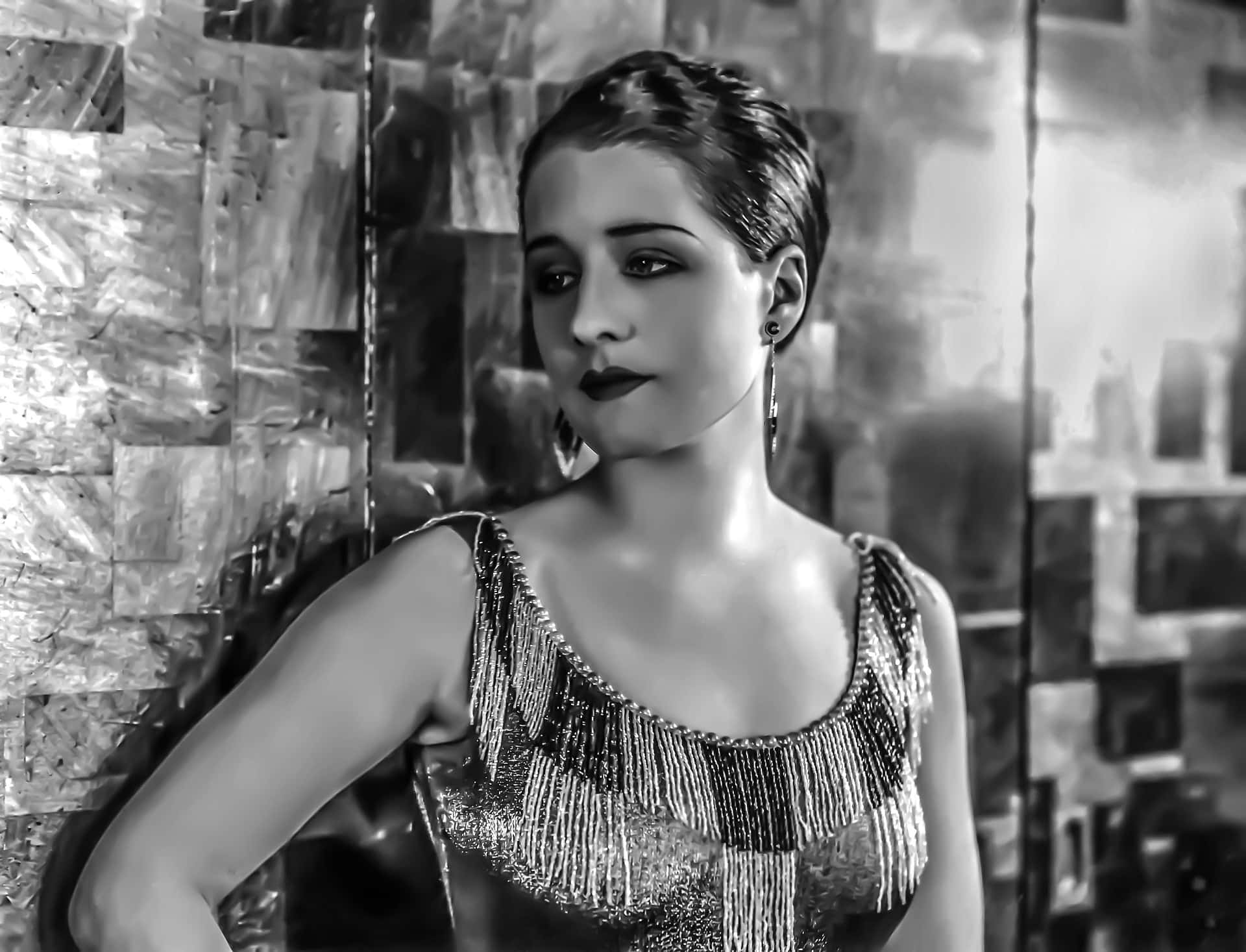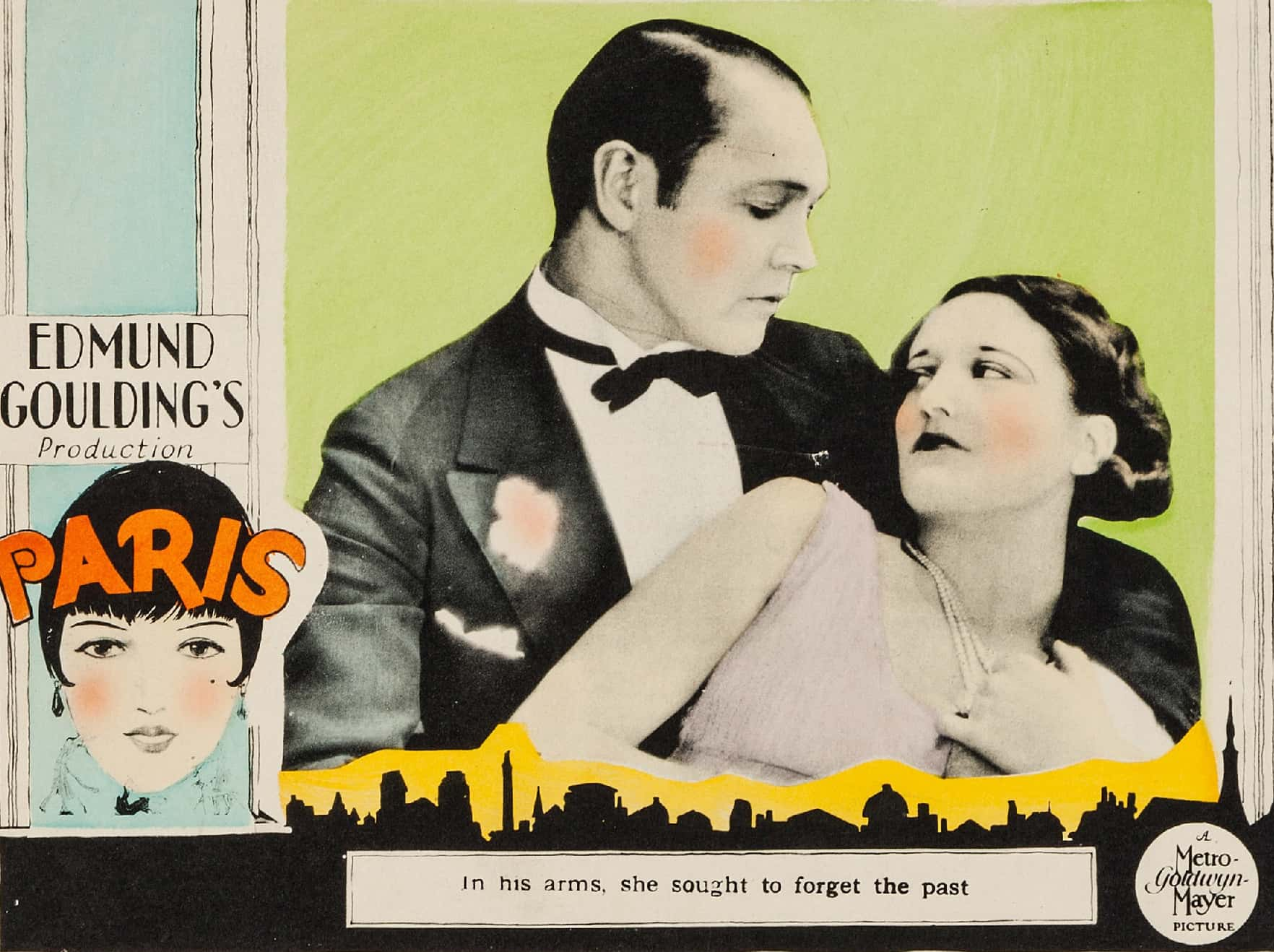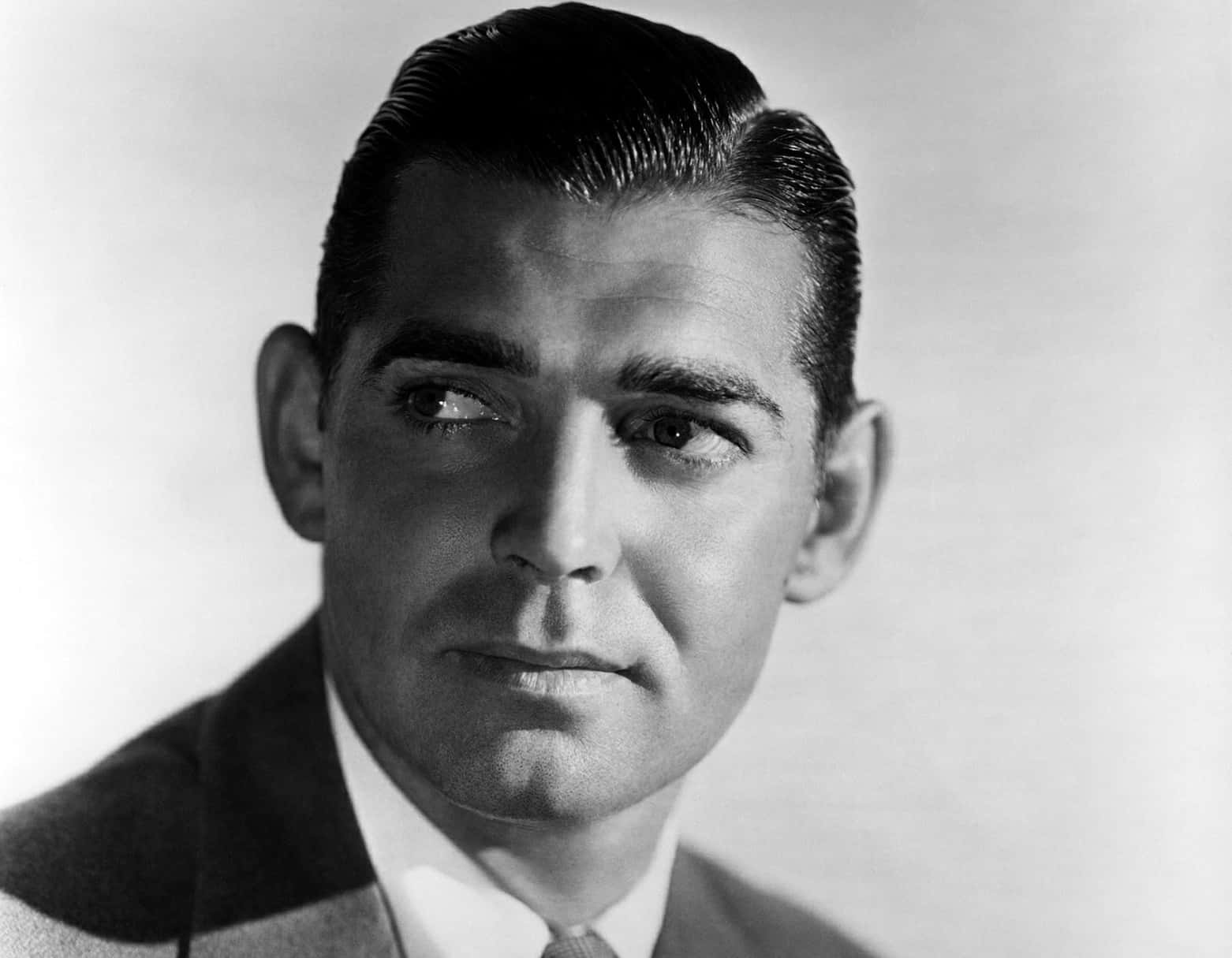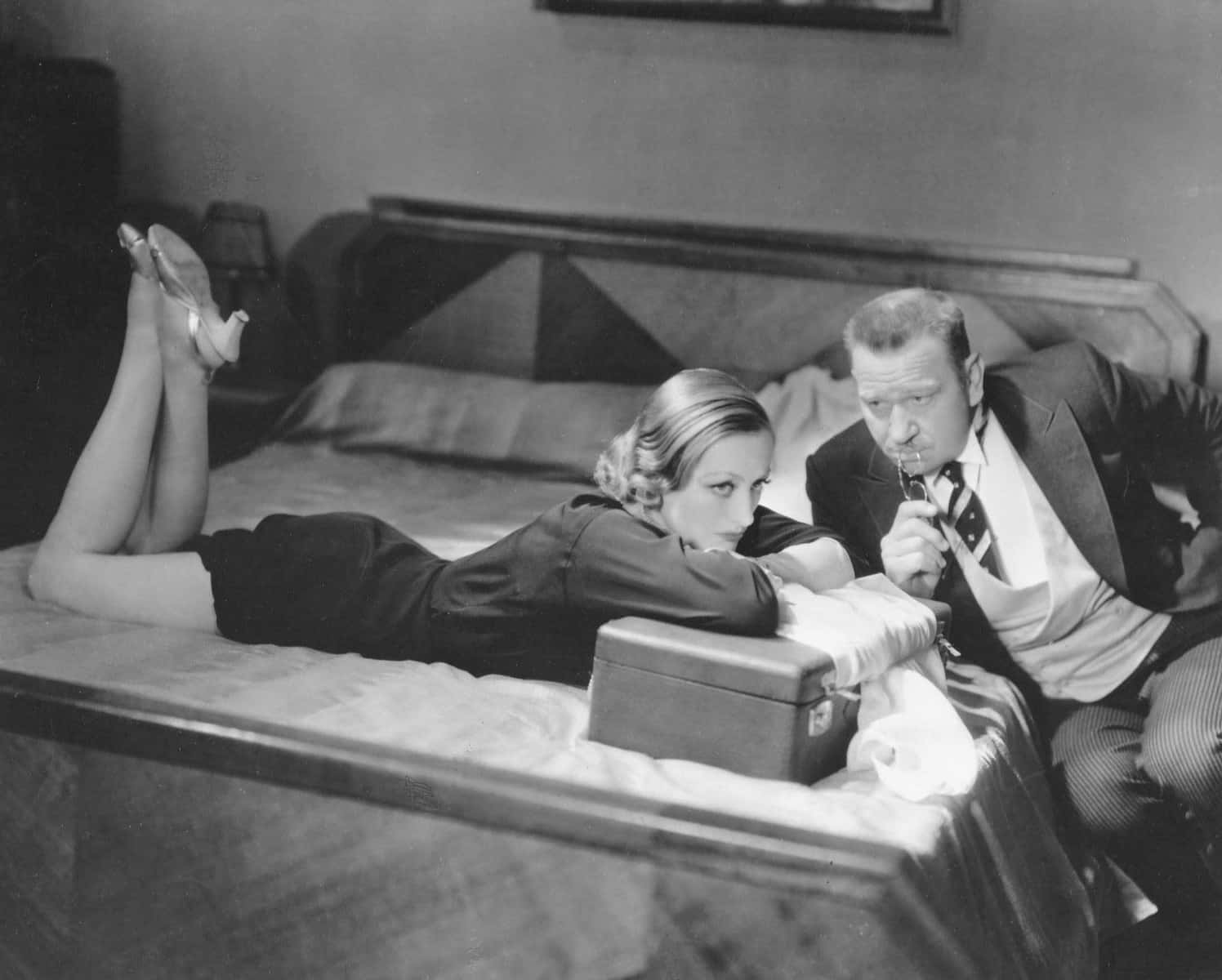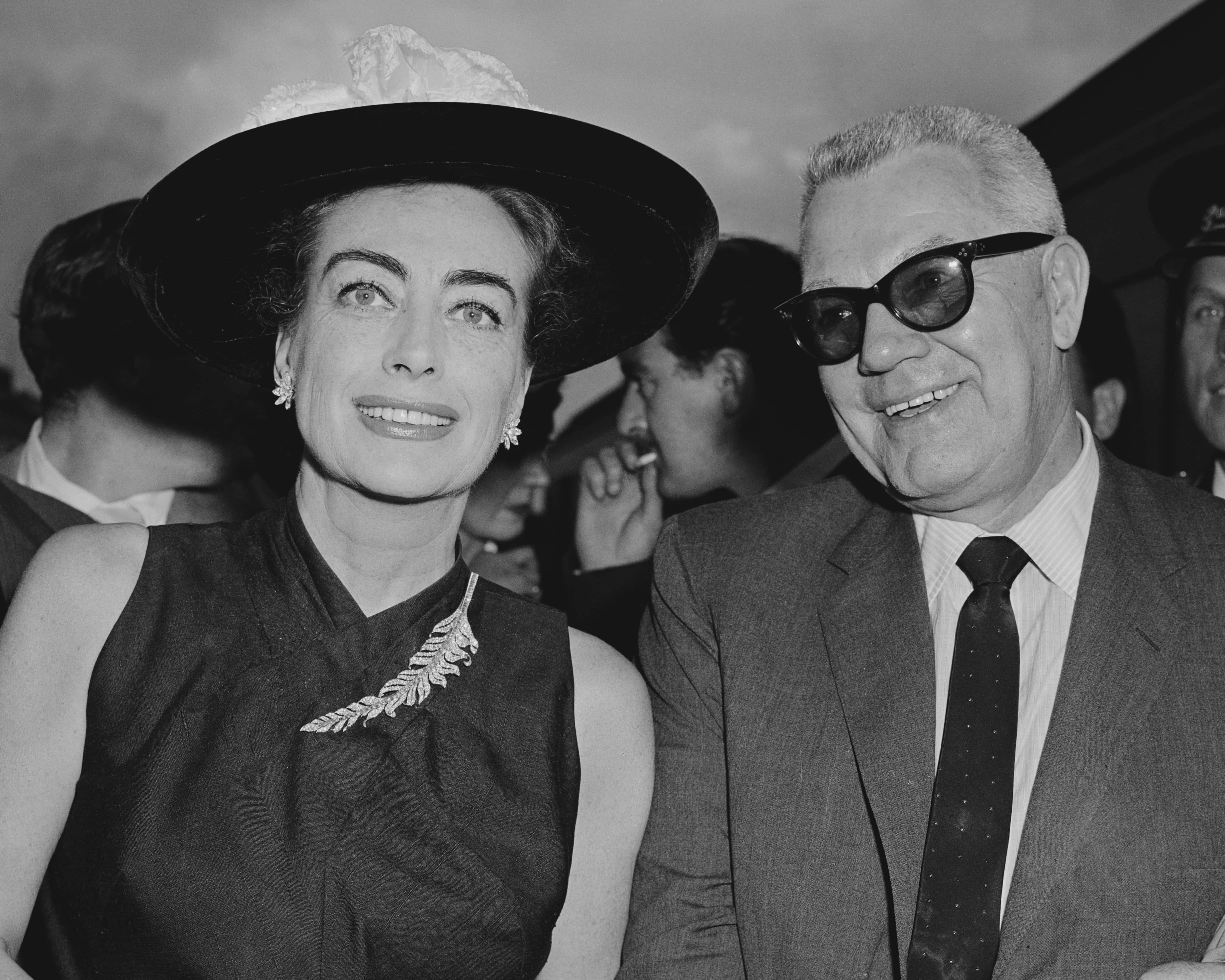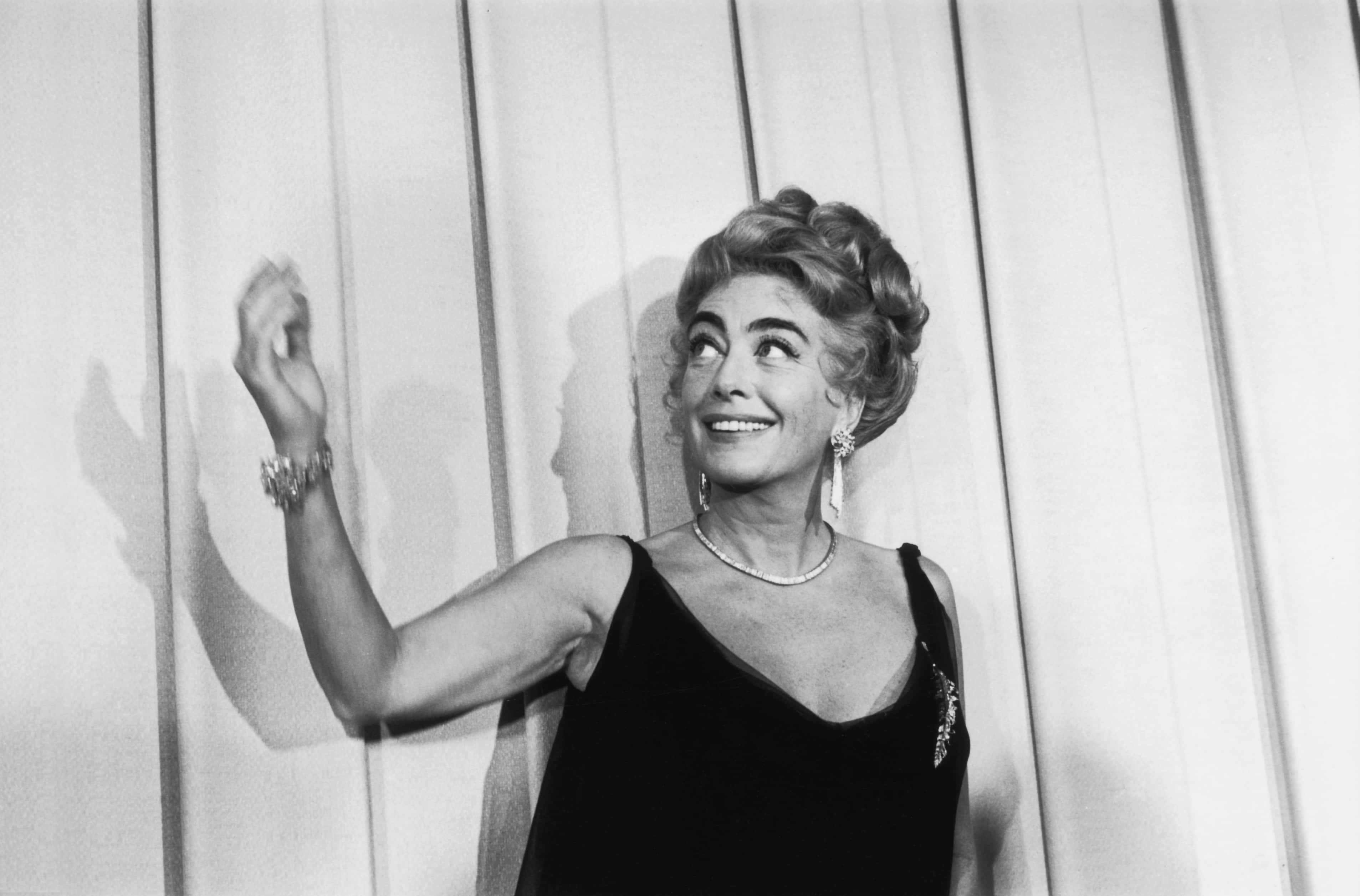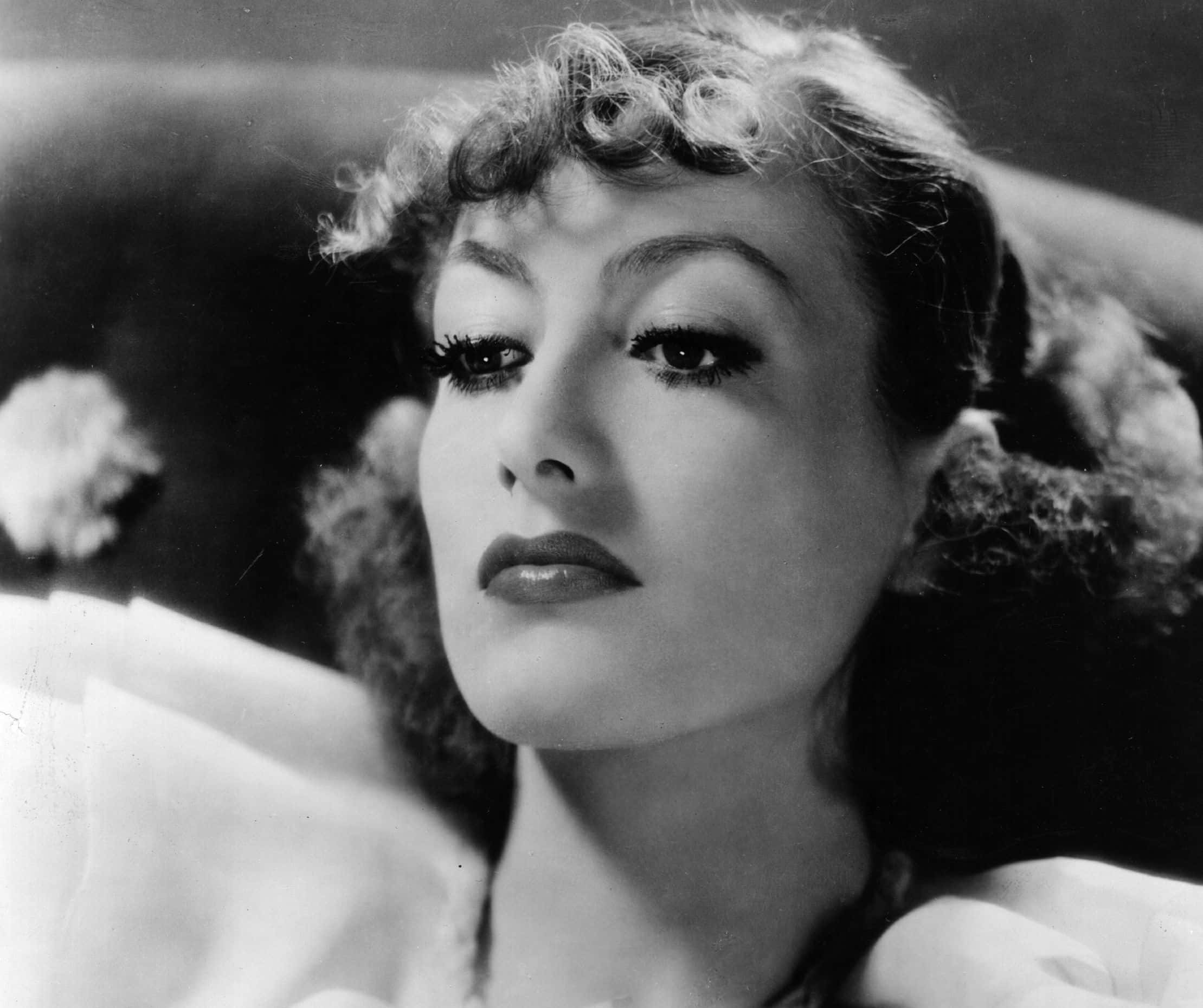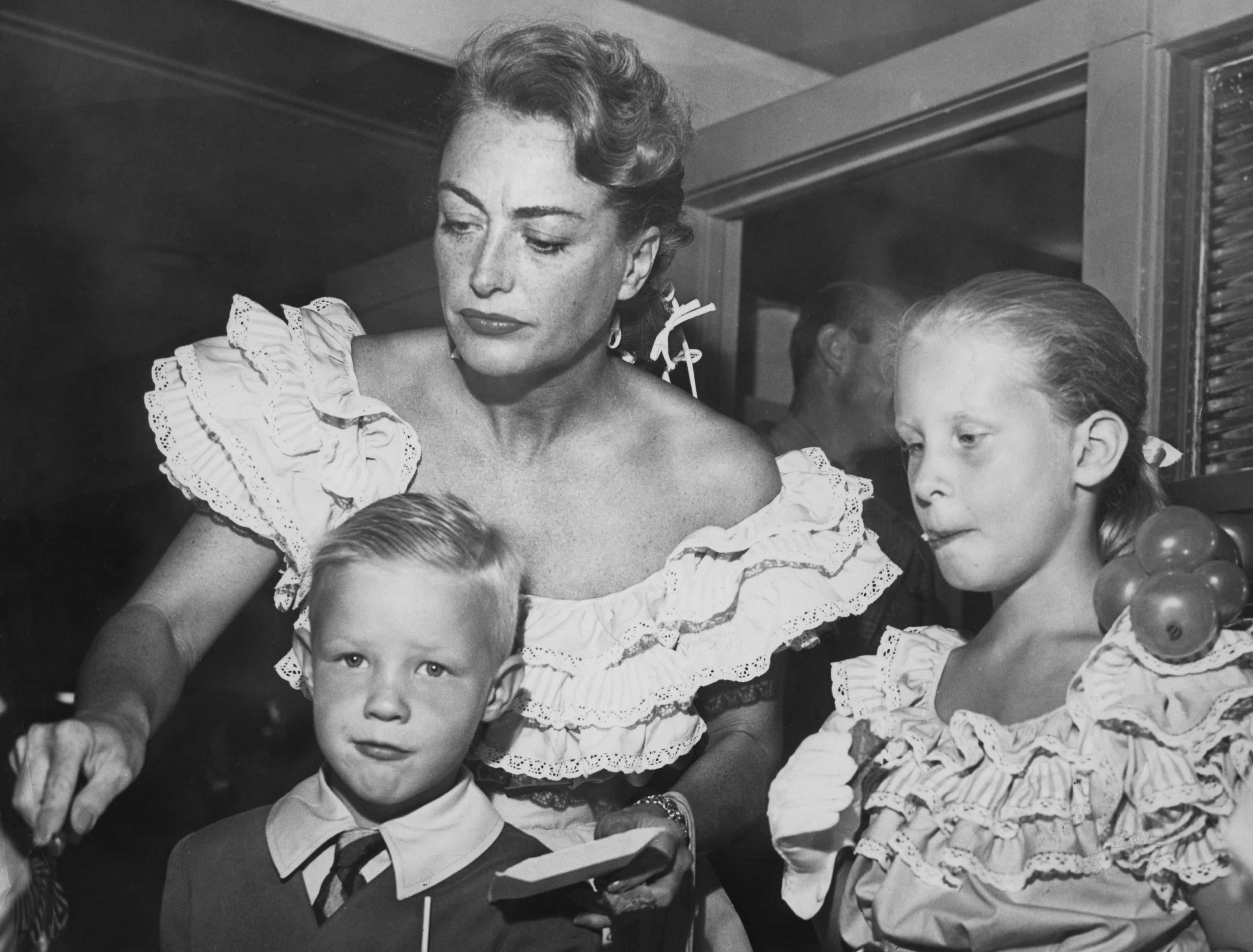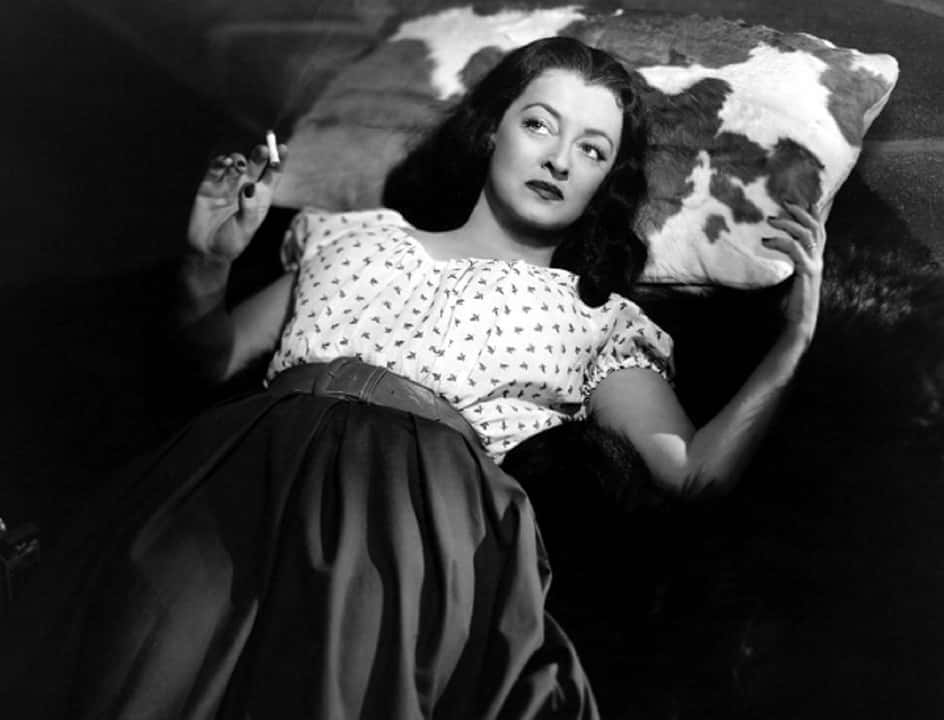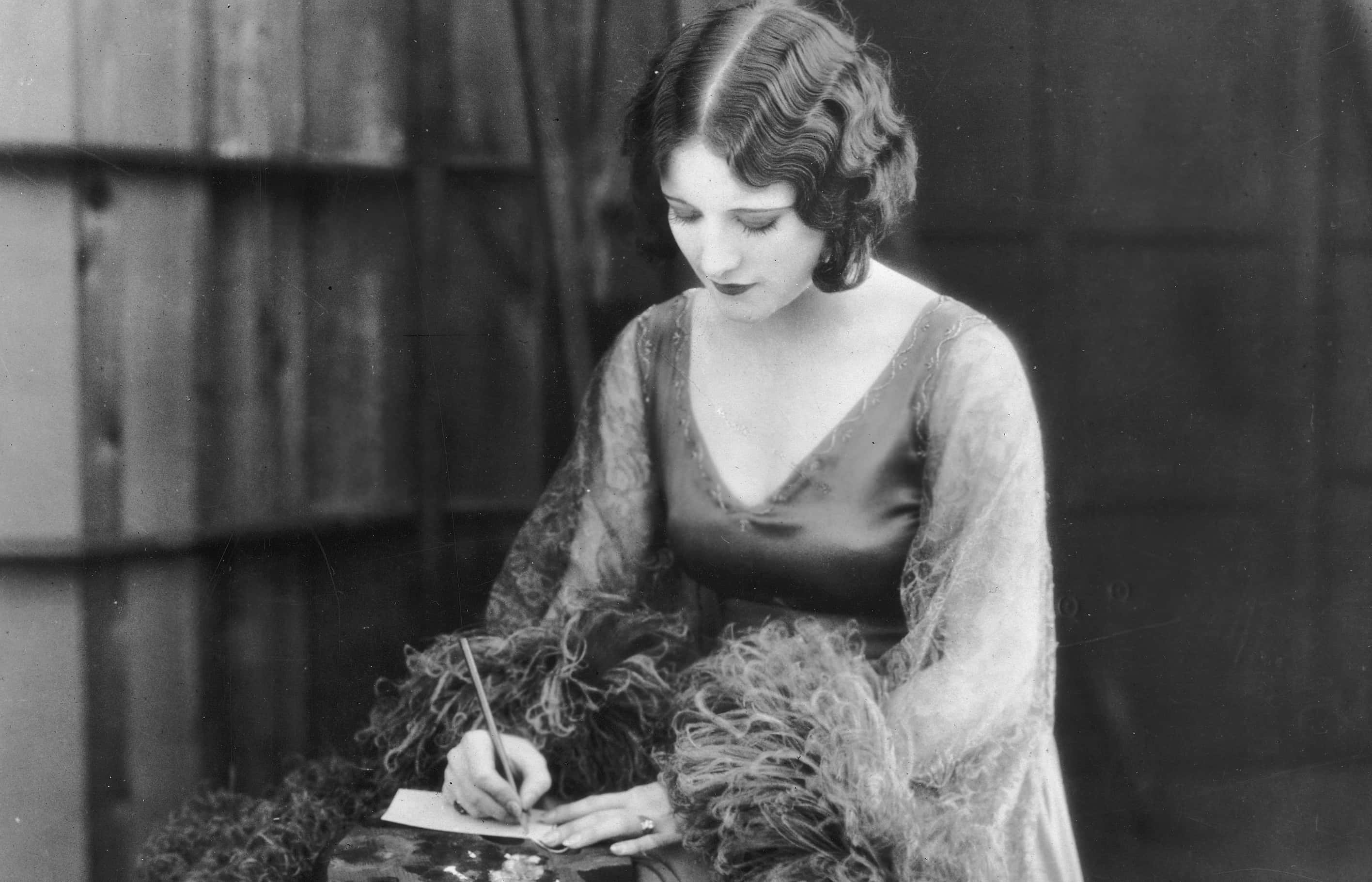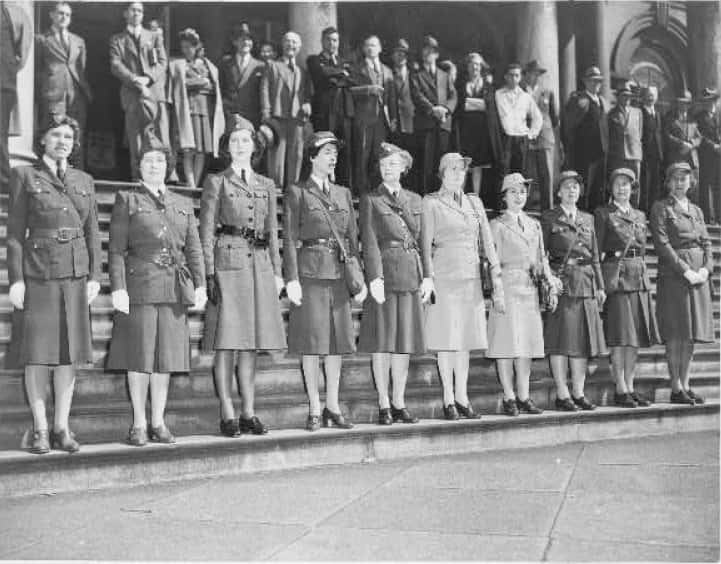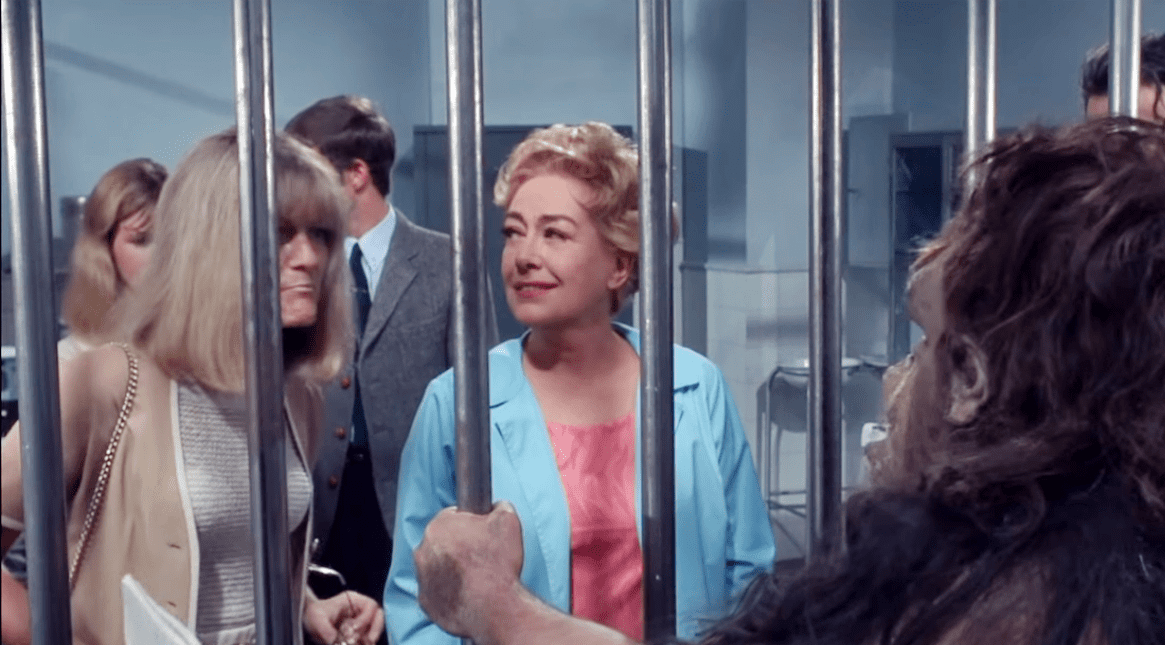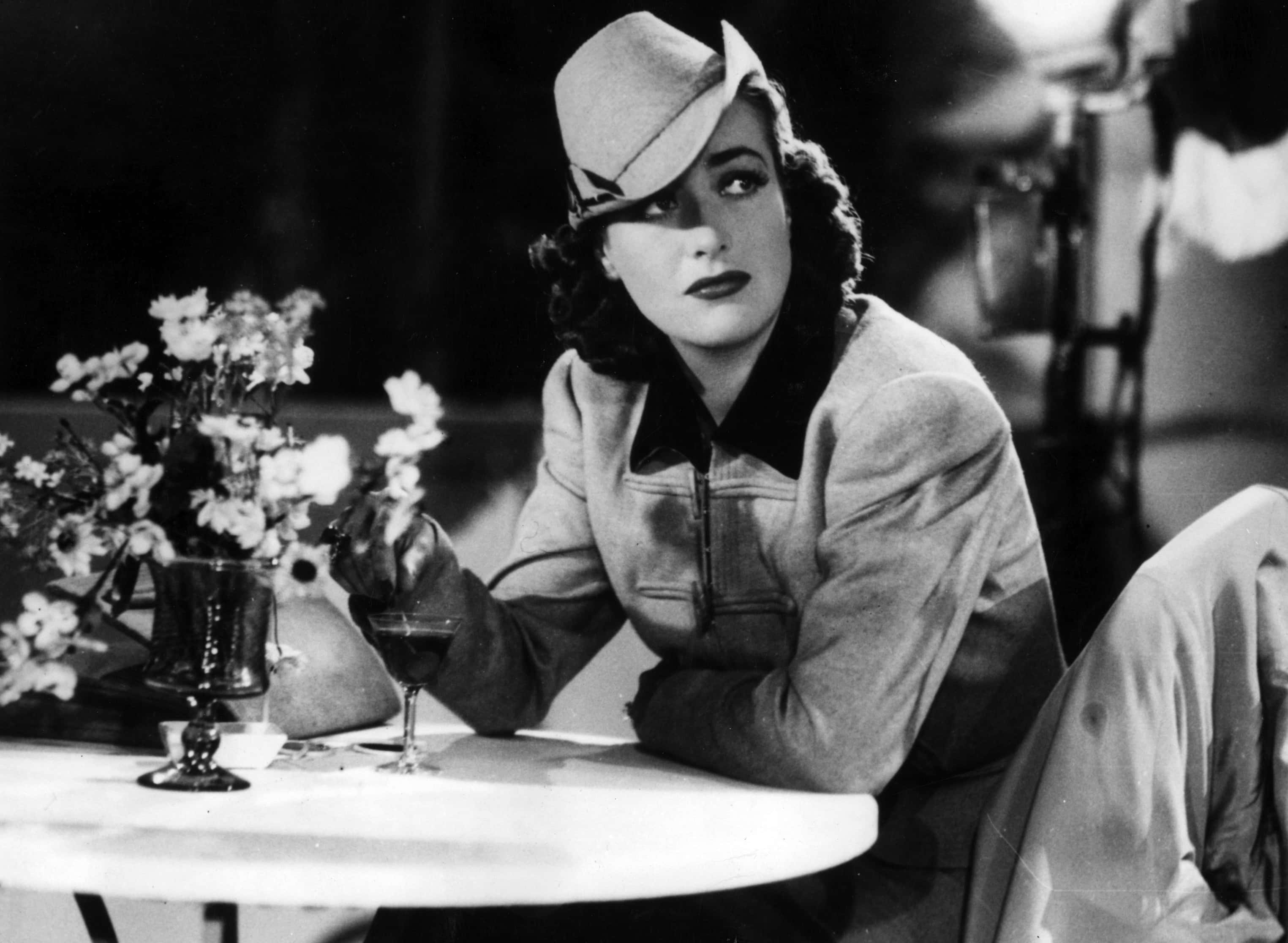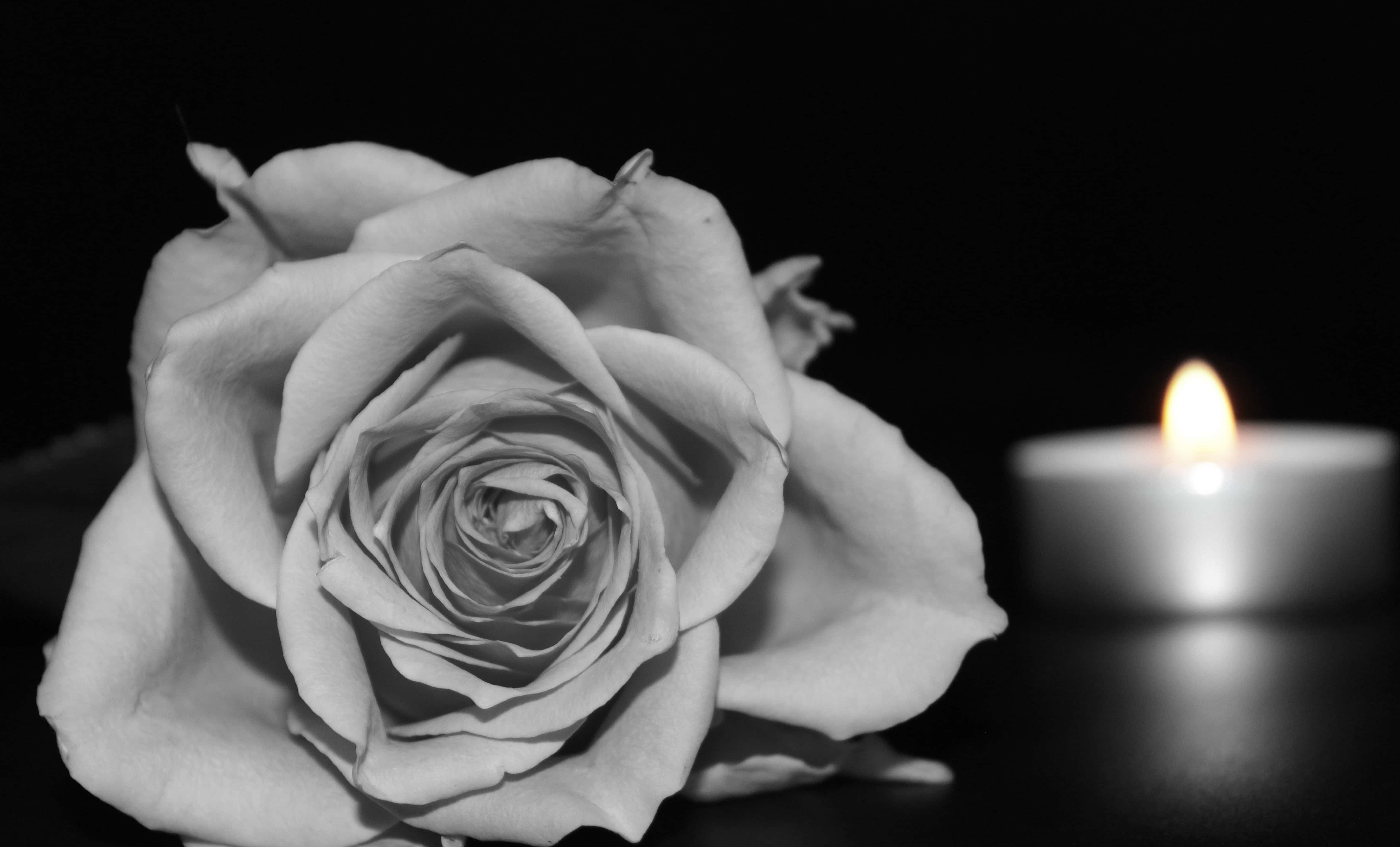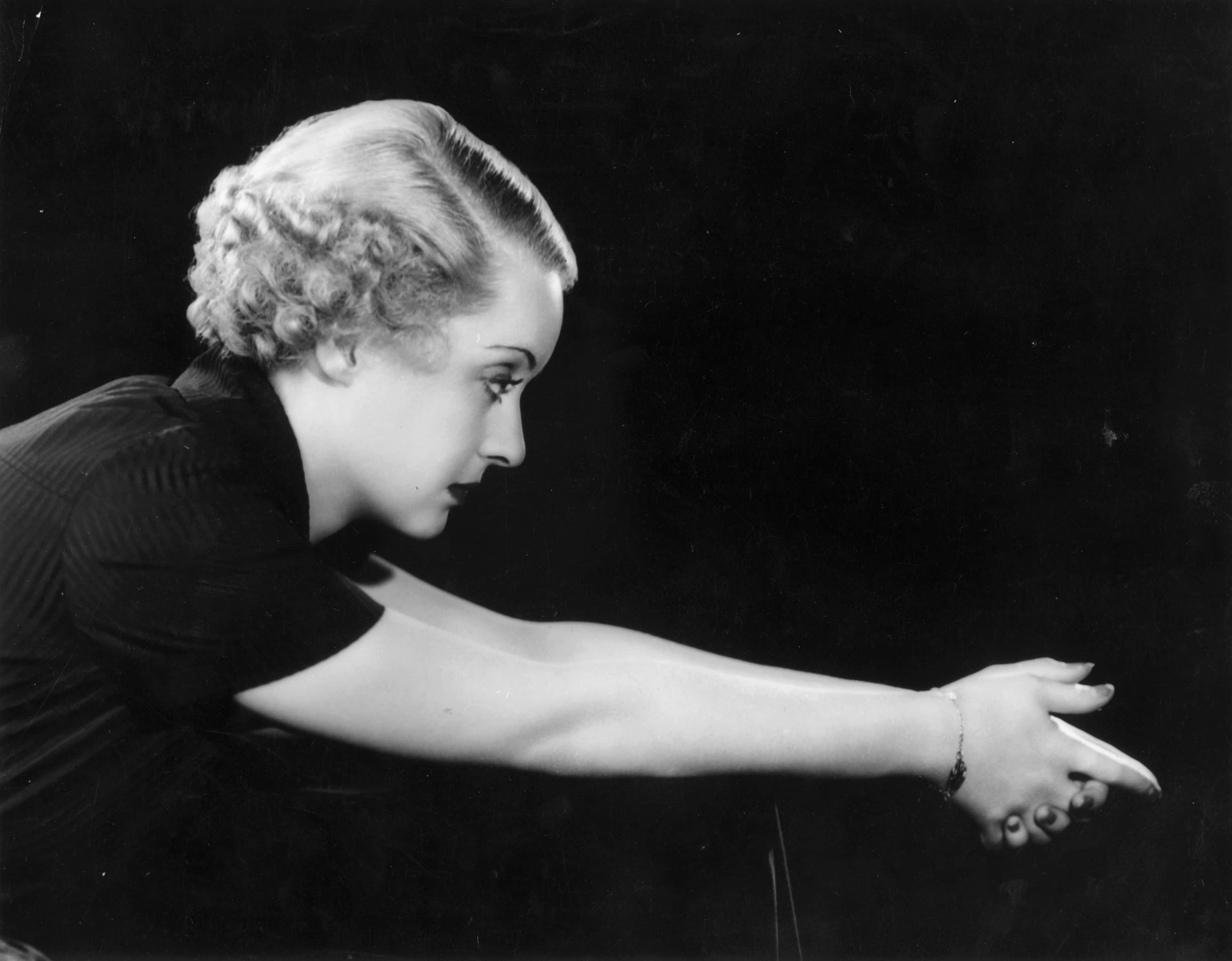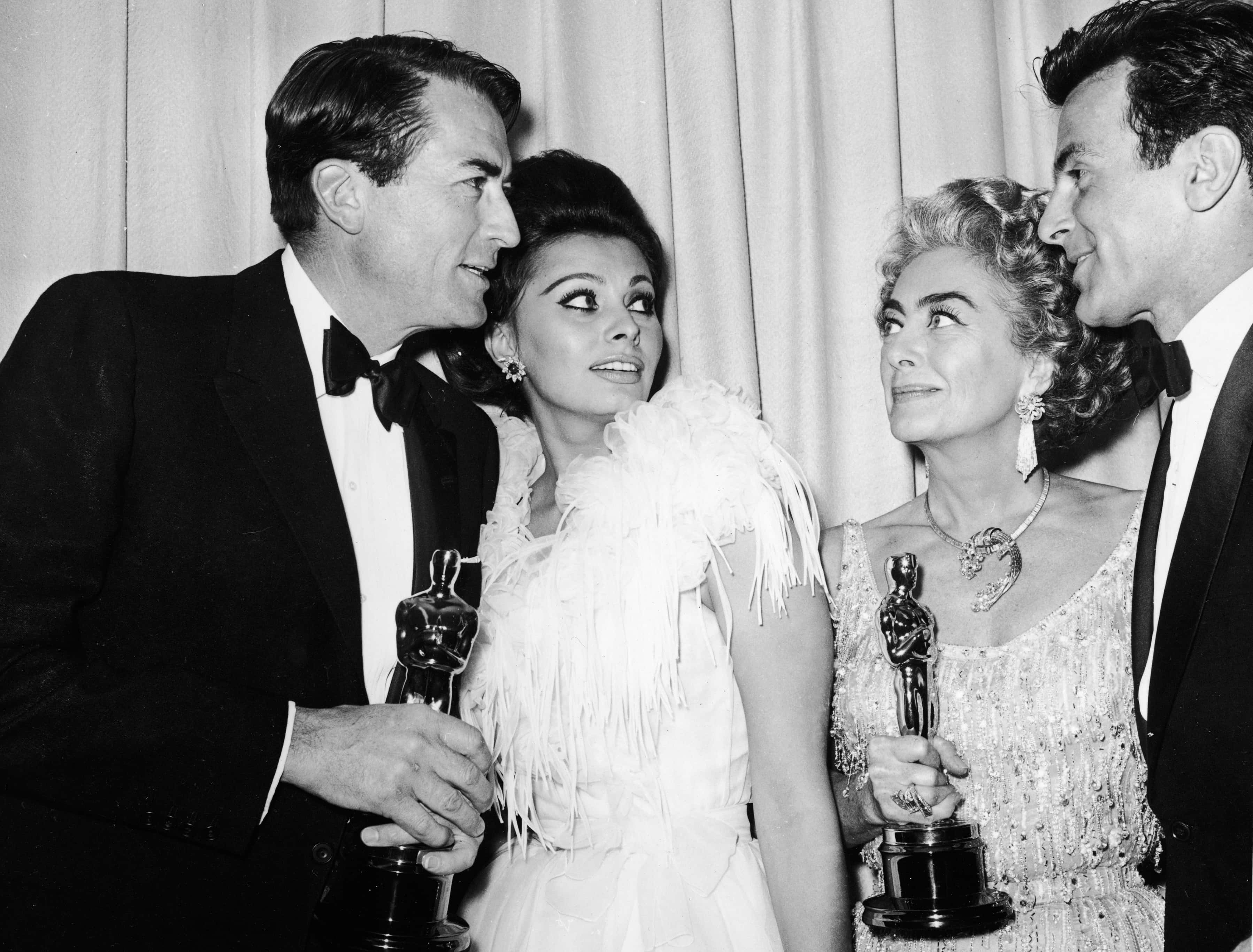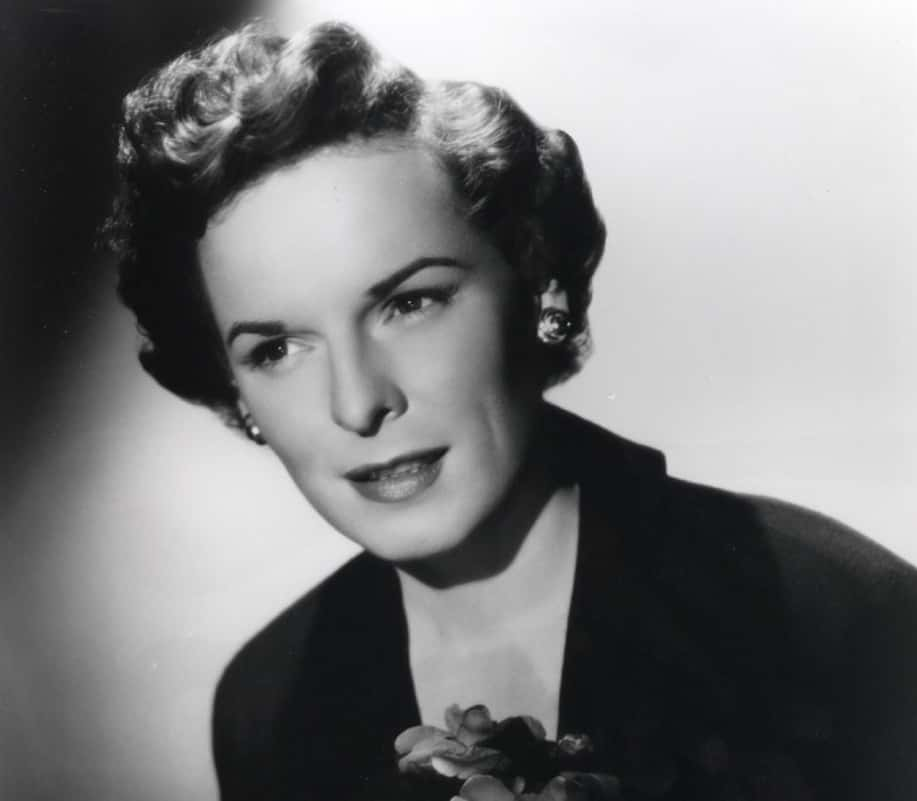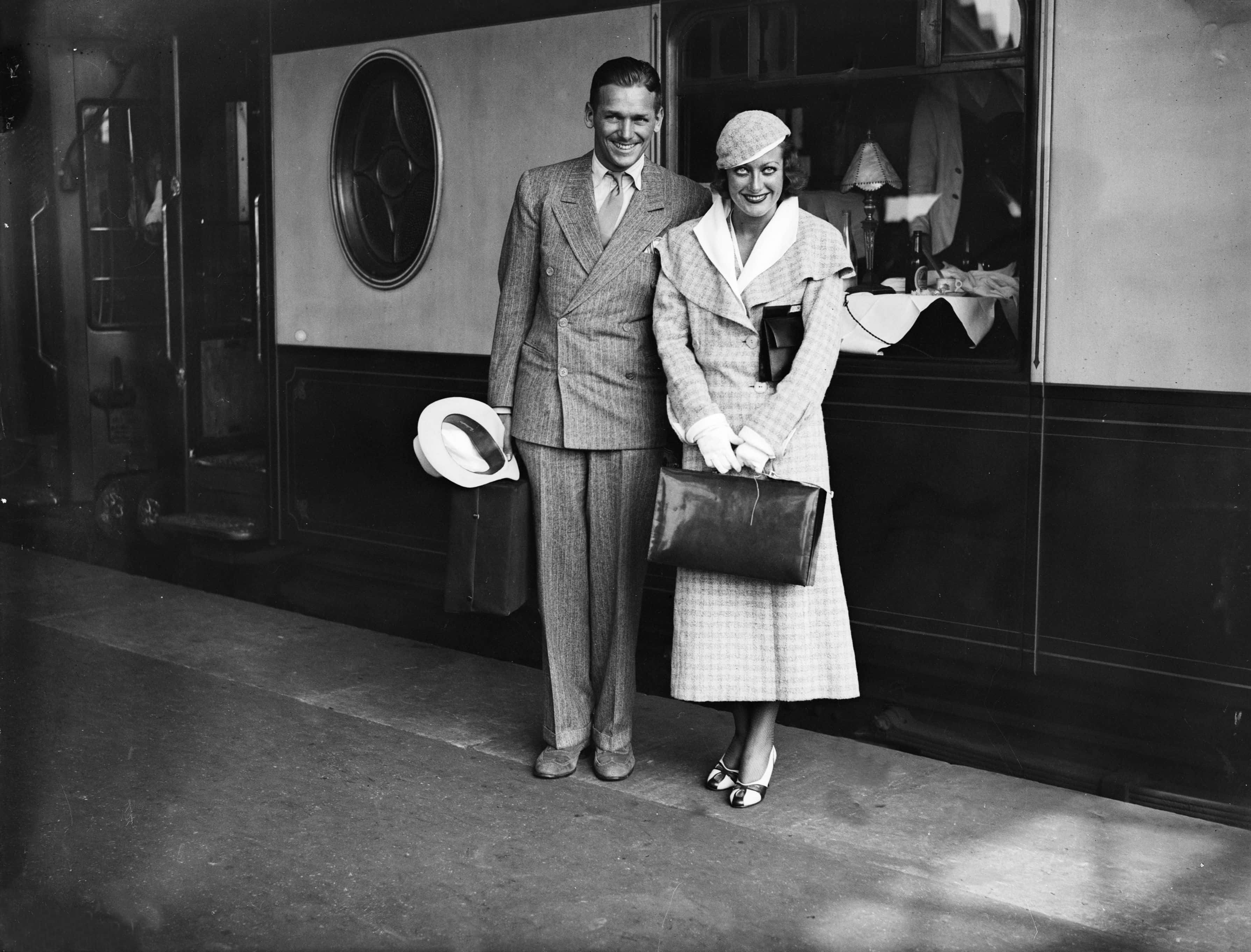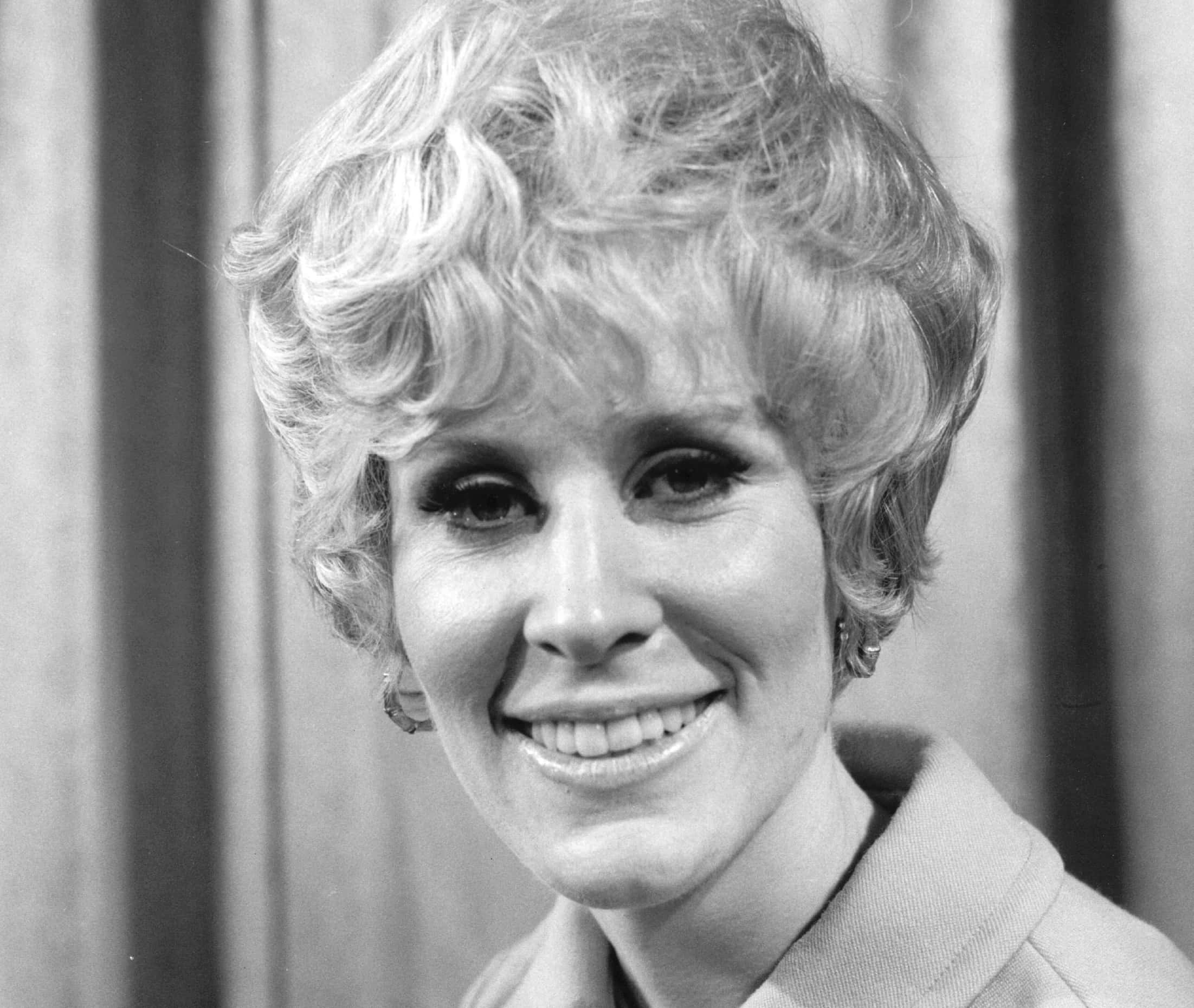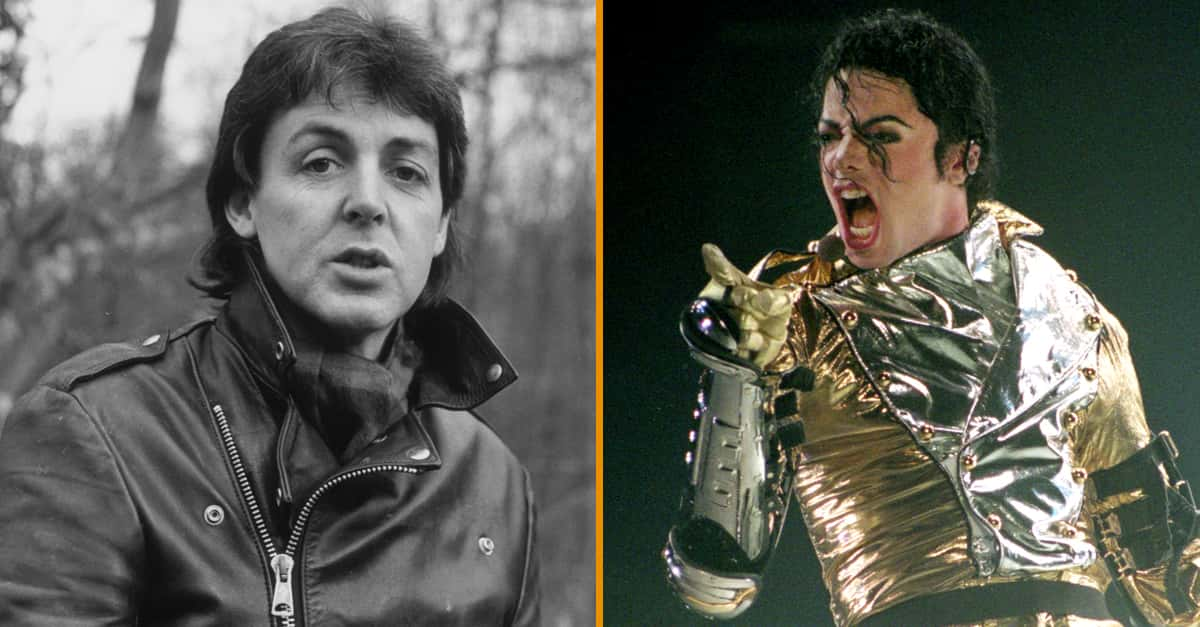Joan Crawford was one of the biggest stars in the Golden Age of Hollywood. Her sultry beauty, bold fashion, and powerful performances won adoration from film critics and audiences alike. But she was also known for her eccentric off-screen behavior, most notably her long-simmering feud with fellow screen legend Bette Davis. Here are some facts you may not have known about Joan Crawford, one of the early icons of Hollywood.
Facts About Joan Crawford
1. Daddy's Not Home
Joan Crawford was born as Lucille Fay LeSueur in San Antonio, Texas on March 23, 1904, to parents Thomas LeSueur and Anna Bell Johnson. Her father abandoned the family when she was only a few months old, and her mother would later re-marry Henry J. Cassin, who Crawford believed was her biological father for much of her childhood.
2. The First Cut Is the Deepest
When Crawford was a young girl, she suffered an unfortunate injury after jumping off her porch and severely cutting her foot on a broken glass milk bottle. Her foot had to be surgically repaired three times, and the injury put a serious damper on her aspirations of becoming a dancer.
3. Troubled Upbringing
As a young child, Crawford was abused by her stepfather. The abuse continued until she was sent to attend St. Agnes Academy, a Catholic private school in Kansas City. After her mother and stepfather separated, Crawford remained at the school as a work student, performing tasks like cooking and cleaning in order to cover the tuition.
4. Early Days
Crawford’s first brush with the entertainment business came as a dancer in the choruses of travelling revues. Her first big break came in Detroit when she was discovered by famed Broadway producer Jacob J. Shubert and he cast Crawford in the chorus line of his show Innocent Eyes. Her work in New York secured connections that would lead to a screen test in Hollywood for MGM Studios.
5. MGM Deal
By the end of 1924, Crawford, who at the time still went by her birth name of Lucille LeSueur, had officially signed a contract with MGM for $75 a week.
6. First Roles
Crawford’s first movie role came in 1925’s Lady of the Night, where she served as the body double for the film’s lead, Norma Shearer.
7. The Name Game
One of the major turning points in Crawford’s career was when the head of publicity at MGM, Pete Smith, decided to change the budding star’s screen name. He felt that "LeSueur" sounded too much like "sewer," and worked with Movie Weekly magazine to organize a “Name the Star” campaign and find a commercial-friendly moniker.
The readers initially picked "Joan Arden," but after it was discovered that another actress already went by that name, they settled on the runner-up: "Joan Crawford." Crawford herself wasn’t that enthusiastic about the name that made her famous. She wanted her first name to be pronounced as “Jo-Anne” and felt that Crawford was too close to “crawfish.”
That's Hollywood for you!
8. You're a Baby Star, Baby
One of Crawford’s many early accolades was being named as one of the WAMPAS Baby Stars of 1926. Fellow young actresses honored that year were Mary Astor, Dolores Del Rio, and Janet Gaynor. The WAMPAS Baby Stars were actresses on the cusp of stardom, as chosen by WAMPAS—which was primarily an advertising association.
These “Baby Stars” would be on hand for a series of publicity events, which in turn raised the profile of the up-and-coming actresses. Shortly after being named as a WAMPAS Baby Star, Crawford secured her first lead role in the movie Paris, where she starred opposite Charles Ray.
9. The All-American Flapper
After a string of lead roles, it was Crawford’s appearance as a free-spirited flapper in the 1928 film Our Dancing Daughters that truly cemented her place as one of Hollywood’s leading ladies. The film was a major success, and further appearances in flapper-themed movies would lead author F. Scott Fitzgerald to comment on her.
As he said, “Joan Crawford is doubtless the best example of the flapper, the girl you see in smart, gowned to the apex of sophistication, toying iced glasses with a remote, faintly bitter expression, dancing deliciously, laughing a great deal, with wide, hurt eyes.”
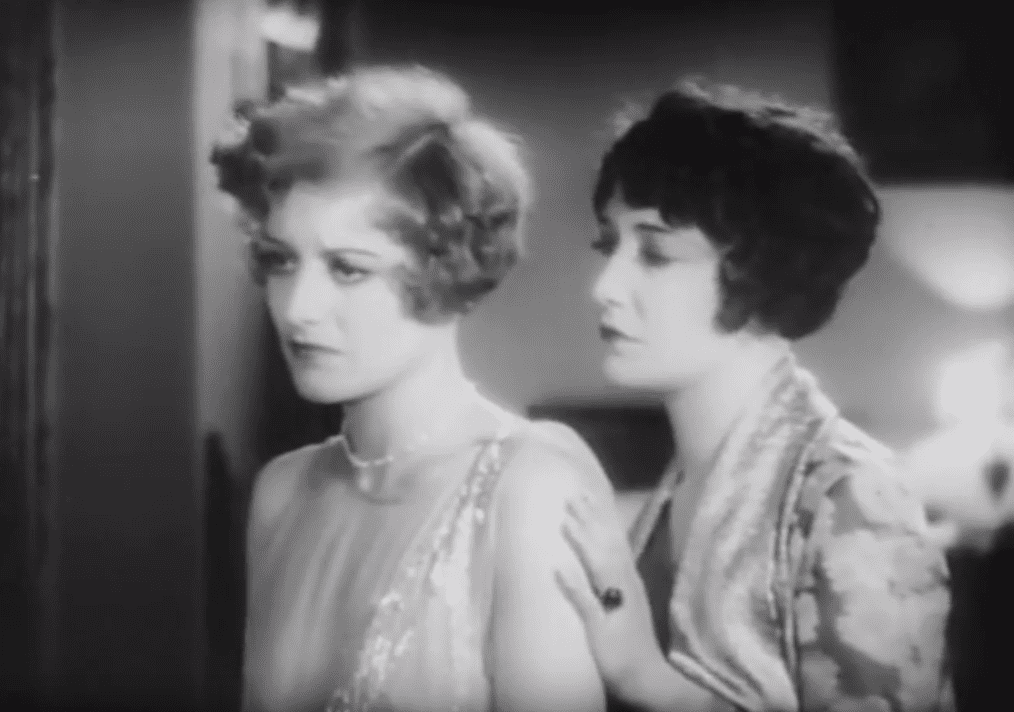 Our Dancing Daughters (1928), MGM
Our Dancing Daughters (1928), MGM

History's most fascinating stories and darkest secrets, delivered to your inbox daily.
10. Taking on Sound
To make her more marketable to a national audience, Crawford took elocution classes to help her shed her natural Southwestern accent. When the movie industry moved away from silent pictures, these elocution classes came very much in handy, as Crawford made a seamless transition into the newfangled and very popular talkies.
Crawford’s first sound film was in MGM’s showcase film The Hollywood Revue of 1929, where she sang “Got a Feeling For You.” She followed that up with her first feature-length sound film, Untamed.
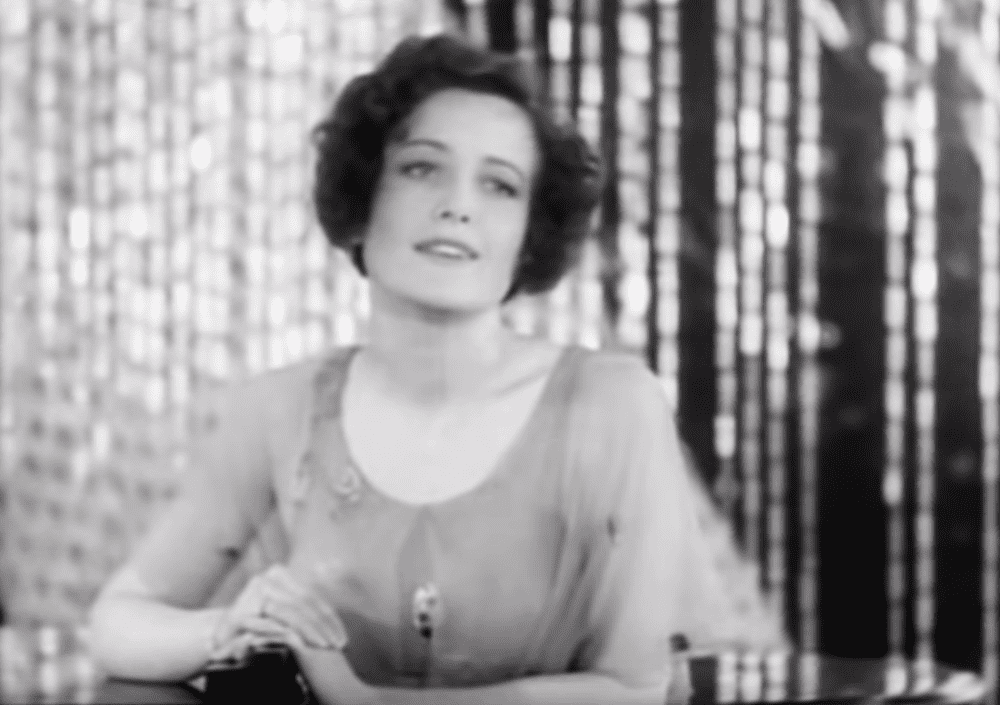 The Hollywood Revue of 1929, MGM
The Hollywood Revue of 1929, MGM
11. A Productive 1931
Crawford had an incredibly busy 1931, when she appeared in many major films for MGM. Three of those films—Dance, Fools, Dance; Laughing Sinners; and Possessed—were opposite Clark Gable, one of MGM’s biggest actors at the time and "the King of Hollywood." The Crawford-Gable pictures were all critical and commercial successes.
Some people still claim that Gable was the love of Crawford's life, based in no small part on their on-screen chemistry.
12. Isn't Life Grand?
In 1932, Crawford was part of the all-star cast of MGM’s Grand Hotel. Crawford starred alongside other major stars of the time Greta Garbo, Wallace Beery, and John and Lionel Barrymore.
13. Poison in My Veins
After a period where she was considered one of the top stars in Hollywood, Crawford appeared in a string of commercial flops. This rough patch infamously led to her being deemed “box office poison."
14. End of an Era
After 18 years, Crawford’s contract with MGM was terminated in 1943 by mutual consent. She moved on to Warner Bros., where she signed a three-picture deal.
15. Don't Call It a Comeback
After this tumultuous period, Crawford came roaring back with the 1945 release of Mildred Pierce. The film was a major hit, and Crawford won rave reviews for her performance as the title character. She would go onto win Best Actress at the Oscars for the role—surprisingly, it would be her only win at the Academy Awards.
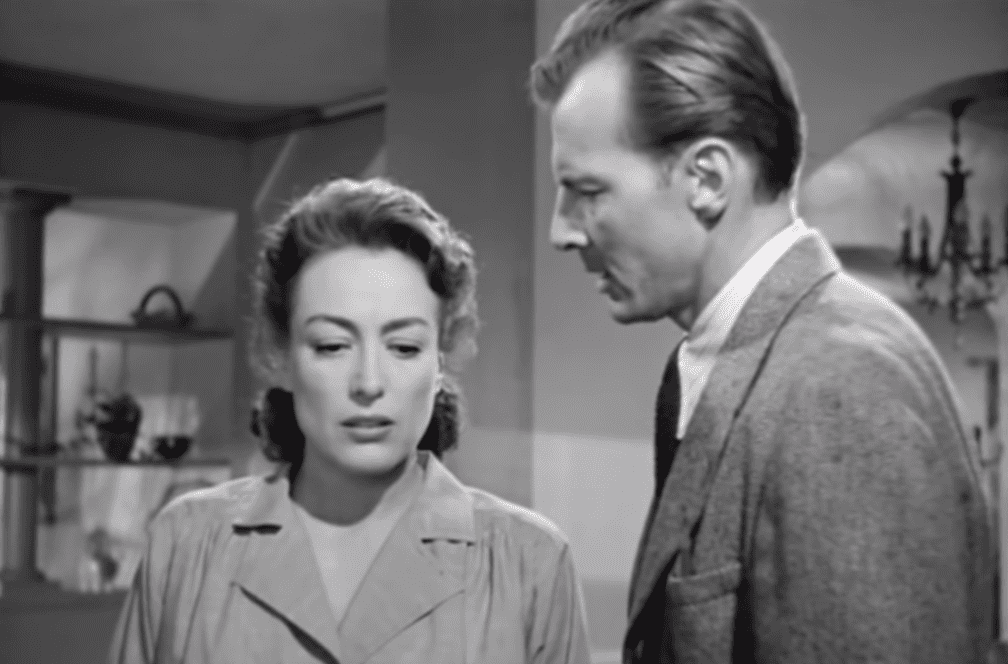 Mildred Pierce (1945), Warner Bros.
Mildred Pierce (1945), Warner Bros.
16. Before MJ, Britney Spears, and Messi, There Was Joan
In 1955, Crawford married Pepsi president Alfred Steele, a union that led her to become a spokeswoman for the cola company. She often traveled across the country to attend Pepsi promotional events, and following Steele’s death, she took his vacant seat on the company’s board of directors—reportedly much to the chagrin of the other directors.
Those directors had the last word, however: In 1973, she was forced out of the company.
17. Understudy
In 1968, Crawford’s daughter Christina had to drop out of her role on the soap opera The Secret Storm to deal with a ruptured ovarian tumor. Ever the considerate, loving mother, Crawford contacted the producers of the show and offered to step in as a replacement while her daughter slowly recovered in a sick bed.
Despite the fact that Christina was only 29 and Crawford was well into her 60s, the producers agreed.
18. Young Legends
Crawford appeared in a segment in the 1969 anthology television film Night Gallery. Crawford’s work in “Eyes” is noteworthy, as it was directed by a young Steven Spielberg in one his first professional directing gigs.
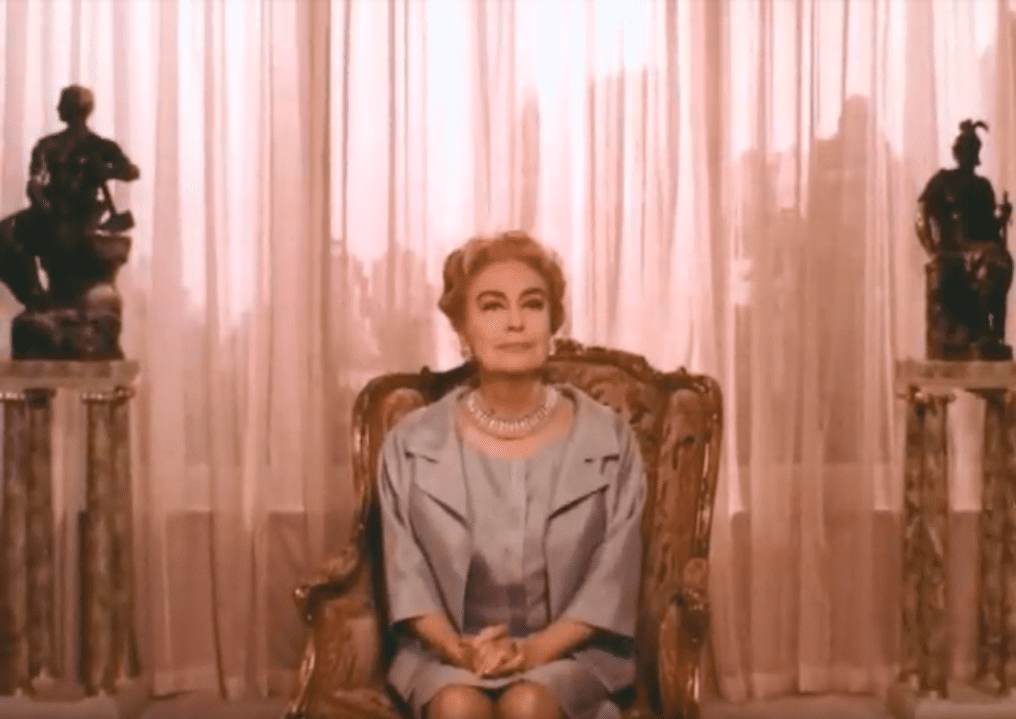 Night Gallery, Universal Television
Night Gallery, Universal Television
19. A Recognition of Her Greatness
For her “outstanding contributions to the world of entertainment,” Crawford was honored with the prestigious Cecil B. DeMille Award at the 1970 Golden Globes.
20. Fourth Time's a Charm
Crawford married four times in her life, with the first three ending in divorce. Her first husband was Douglas Fairbanks, Jr. After him, she married actor Franchot Tone in 1935, followed by actor Phillip Terry, before the two divorced in 1946. Her fourth and final husband was Alfred Steele, whom she remained married to until his death in 1959.
21. Not the Girl Next Door
Crawford was infamous for once quipping about her glamorous looks, "If you want to see the girl next door, go next door."
22. Crawford’s Brood
Throughout her life, Crawford successfully adopted four children: Christina, Christopher, Cindy, and Cathy. Another child, also named Christopher, was reclaimed by his birth mother shortly after the adoption.
23. Coming in at Number 10
The American Film Institute once ranked Crawford as the 10th greatest female star of the Classic Hollywood era. For what it’s worth, her longtime rival Bette Davis was ranked number two.
Bette Davis
24. She Knew When to Turn It on
In 1968, Crawford appeared in an episode of The Lucy Show, Lucille Ball’s follow-up show to I Love Lucy. Crawford was reportedly a drunken mess throughout rehearsals, and Ball even wanted to replace her with fellow film icon Gloria Swanson. However, when it came time for the final shoot, Crawford was pitch perfect, and was even the recipient of two standing ovations from the live studio audience.
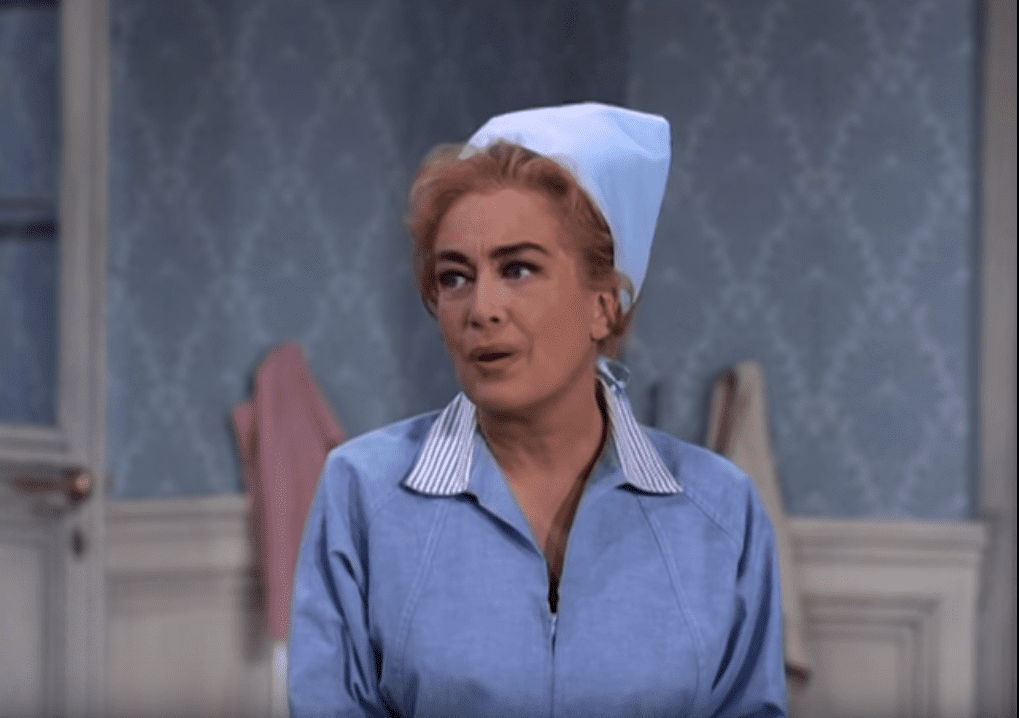 The Lucy Show, Paramount Television
The Lucy Show, Paramount Television
25. Footing the Bill
After receiving facial and dental surgeries, Crawford was inspired to fund surgeries and treatment for people who worked in the film industry but who couldn’t afford necessary operations. She made the arrangement at Hollywood Presbyterian Hospital, and secretly covered the costs for over 390 major surgeries for needy people.
When these donations became public record, Crawford pretended to have no involvement.
26. Good to Her Fans
Crawford was known to always respond to the letters her adoring fans sent her. She would typewrite her responses on blue paper and personally autograph each letter.
27. Cleanliness Is Next to Godliness
One of the most infamous claims about Crawford was that she was obsessed with cleanliness and order. Though her rivals may have made some other unverifiable accusations throughout her career, Crawford was indeed a germaphobe. In an interview, her interior designer Carleton Varney said, “There were more objects wrapped in plastic in Joan’s apartment than in an A&P meat counter.”
28. Lending a Helping Hand
During World War II, Crawford served as a member of the American Women’s Voluntary Services. The organization offered a host of wartime services such as mail delivery, setting up emergency kitchens, and selling war bonds. Other actresses who joined the organization included Betty White, Hattie McDaniel, and Lillian Randolph.
29. Her Last Roles
Crawford’s last film role came in the 1970, with the British sci-fi flick Trog.
30. Finding Religion
In her later years, Crawford began to practice the Christian Science religion. Her newfound faith likely caused her to quit her excessive smoking and drinking habits, something she had struggled with for years.
31. Iconic
Crawford was well known for her trademark look of getups with pronounced shoulder pads. This look was created by famed costume designer Adrian, who outfitted Crawford in many of her films. Crawford’s signature look sparked a fashion trend, and soon everyone was donning outfits with shoulder pads.
32. Box Office Gold
Before being labeled as “box office poison,” Crawford had an impressive run, appearing in Quigley’s annual poll of top money-making Hollywood stars. For seven consecutive years, she made the top 10 of the poll. Her most impressive year was 1930, when she was deemed the number one money-making star.
33. Death
In her last years, Crawford suffered from both breast cancer and arthritis. The legendary actress became increasingly reclusive, and rarely left her New York City apartment. She passed away on May 10, 1977 at the age of 73, with the official cause of death given as a heart attack.
34. Her Name Is What Now?
Just before her death, Crawford was so weak that she had to give away her much loved dog, a Shih Tzu named "Princess Lotus Blossom."
35. The Many Affairs of Ms. Crawford
In addition to her four marriages, Crawford was reported to have affairs with many of the era’s biggest stars. She allegedly had flings with Clark Gable, Spencer Tracy, and Kirk Douglas, among others. But she didn't discriminate: she also, it was whispered, had liaisons with actresses such as Greta Garbo, Marlene Dietrich, Barbara Stanwyck, and even Marilyn Monroe.
36. So Fresh and So Clean
Crawford's obsessive cleanliness reared its pristine head even in her bedroom affairs. In his memoirs, Kirk Douglas recalled a particularly disturbing and bizarre romantic encounter when the two stars once went back to Crawford's house. In the middle of the act, Douglas reports, Crawford leaned in and murmured into his ear—but it was far from sweet nothings.
"You're so clean," she said. "It's wonderful that you shaved your armpits when you made Champion." As Douglas put it, her passionate outburst was "a real conversation stopper." Nonetheless, Douglas admits that, “All by herself, she was equivalent to my six sisters and my mother.''
37. Are You Team Joan or Team Bette?
Throughout her career, Crawford found herself in competition against fellow Hollywood actress Bette Davis. The two were often up for the same roles, and reportedly even competed for the affections of Franchot Tone, Crawford's second husband. Indeed, this romantic spat was allegedly the beginning of their legendary feud.
The rivalry saw both women call each other out publicly. Davis once said of Crawford that she “slept with every male star at MGM except Lassie,” while Crawford once quipped, “Bette and I work differently. Bette screams and I knit. While she screamed, I knitted a scarf that stretched clear to Malibu.”
38. Drama Queens
Despite their intense rivalry, Crawford and Davis appeared together in the 1962 film What Ever Happened to Baby Jane? They mostly got along during filming, but the trouble really started after the cameras had shut off. Crawford pulled out of promoting the film, apparently because she didn’t want to share the stage with Davis (or so said Davis).
Despite the off-screen tension, the movie about two aging actress sisters was a smash hit at the box office—but then the drama really began.
 Wikimedia Commons, Warner Bros.
Wikimedia Commons, Warner Bros.
39. Controversy at the Oscars
The real-life melodramatics around What Ever Happened to Baby Jane? continued at the Oscars. Davis received a nomination in the Best Actress category, while Crawford didn’t. This must have stung Crawford, because she contacted all the other Best Actress nominees and "graciously" offered to accept any award on their behalf in the event that they couldn't attend the show. Since they were all located on the East coast, they all agreed.
Sure enough, Davis lost out, and Anne Bancroft won the award for her role in The Miracle Worker. Bancroft wasn’t able to attend, so Crawford waltzed onto the stage in her place and accepted the statuette in front of an unimpressed Davis. Forever after that moment, Davis claimed that Crawford had campaigned against her in the Oscar race.
40. A Feud Immortalized, Another Initiated
The infamous real-life rivalry between Joan Crawford and Bette Davis was dramatized in the series entitled Feud: Bette and Joan. Jessica Lange played Crawford, while Davis was played by Susan Sarandon. The show also featured Catherine Zeta-Jones as Olivia de Havilland, one of Davis and Crawford’s contemporaries.
In 2018, the still-living de Havilland sued for her likeness being used without her permission. The show stopped for brief while as part of an injunction, and the case was brought all the way to the Supreme Court. Ultimately, the Supreme Court dismissed the case, arguing that, “No public figure owns history.”
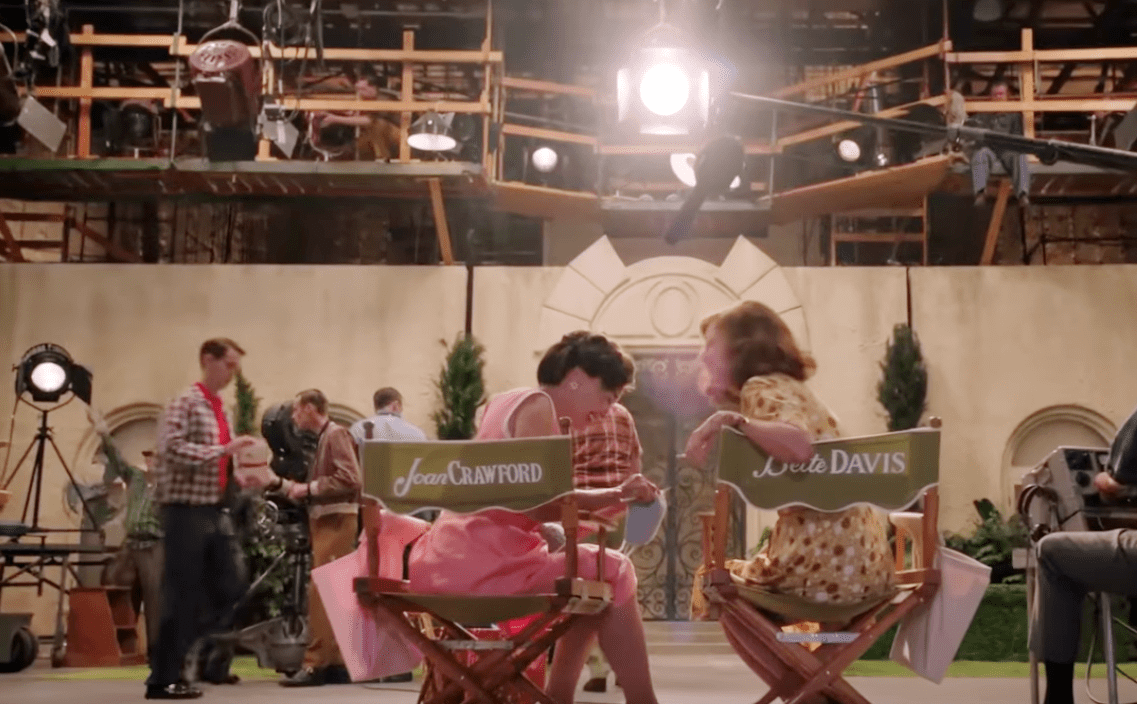 Feud, Fox 21 Television Studios
Feud, Fox 21 Television Studios
41. Trouble on the Set of Johnny Guitar
In addition to her rivalry with Davis, Crawford had a pretty nasty feud with actress Mercedes McCambridge, which stemmed from Crawford once having a tryst with McCambridge’s husband Fletcher Markle. The feud escalated on the set of Johnny Guitar, the Nicholas Ray-directed western that featured both actresses.
At one point, a drunken Crawford tossed McCambridge’s clothes onto the highway, leaving them for cars to tread over. McCambridge would go on to call Crawford "a mean, tipsy, powerful, rotten-egg lady," but Crawford was no fan either. "I have four children," she was said to have drawled about McCambridge, "I do not need a fifth."
42. First Comes Marriage
In 1929, Crawford became a part of Hollywood royalty when she married actor Douglas Fairbanks, Jr., the son of Douglas Fairbanks and the stepson of Mary Pickford. Crawford, however, didn’t really get along with her in-laws—arguably Hollywood’s first power couple. Fairbanks, Sr. and Pickford even refused to invite the newlyweds into their palatial estate, Pickfair, for eight whole months.
Crawford eventually won over Daddy Fairbanks: she called him "Uncle Doug" and he called her "Billie." Pickford, however, wasn't so easily pacified, and when Crawford started coming over to the house more, Pickford would reportedly avoid spending time in the same room with the starlet, leaving her utterly alone while the men played golf.
Ultimately, the marriage didn’t last long, as Crawford and Fairbanks, Jr. divorced in 1933.
43. No Money for You
In her will, Crawford left her children Cindy and Cathy $77,500 each, while infamously shutting out Christina and Christopher. This was no mere forgetful snub: Crawford explicitly disinherited them, writing, "It is my intention to make no provision herein for my son, Christopher, or my daughter, Christina, for reasons which are well known to them."
Christina and Christopher would both challenge the will, and were later afforded a $55,000 settlement.
44. Tell-All
In 1978, Christina released a tell-all book entitled Mommie Dearest, which described her fraught relationship with her legendary actress mother. Christina alleged that she and her brother Christopher were both victims of emotional and physical abuse by her mother. The book caused a huge sensation, and it quickly topped the bestsellers list.
The book’s incendiary claims were disputed by many of Crawford’s friends, though others also spoke in favor of its veracity.
45. Crawford as Played by Dunaway
Mommie Dearest was adapted into a major motion picture by Paramount in 1981. Faye Dunaway played the part of Joan Crawford in a particularly over-the-top, crazed, and very campy performance. The film was not exactly well-reviewed, and it would go on to “win” the Golden Raspberry Worst Picture Award at the Razzies.
Still, Mommie Dearest had the last laugh; the film commands a cult following today.
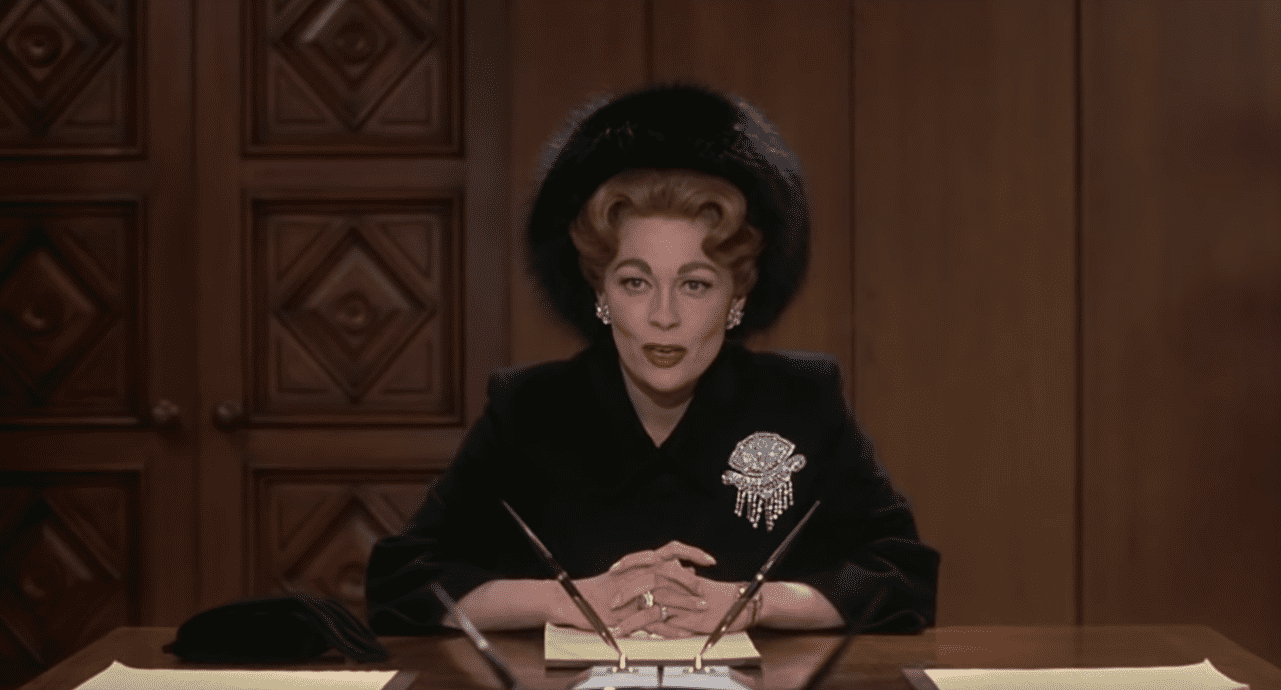
Source: 1, 2, 3, 4, 5, 6, 7, 8, 9, 10, 11, 12, 13, 14, 15, 16, 17

